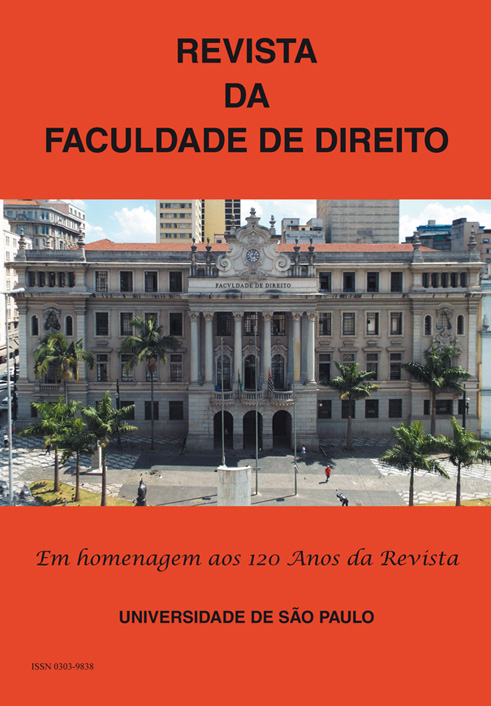Regulierungstechniken für Umweltdelikte und Restorative Justice
Parole chiave:
Kriminologie, Umwelt, Umweltdelikte, Regulierung, Recht.Abstract
Die Normsetzung der transnational organisierten Umweltschäden, die mit der globalisierungsbedingten Komprimierung von Raum und Zeit angestiegen sind, wurde von verschiedenen theoretischen Perspektiven problematisiert. Auf der einen Seite wurden die auf der Common Law basierten Rechtssysteme grundsätzlich in Zusammenhang mit Regulierungstheorien verbunden, wie Restorative Justice, Smart Regulation, Command and Control und Compliance-Mechanismen. Auf der anderen Seite gibt es Theorien im Zusammenhang mit der Kriminalisierung solchen Verhaltens (wie z. B. die Grüne Kriminologie – Green Criminology).
Downloads
Riferimenti bibliografici
BARATTA, Alessandro. Criminologia critica e critica del diritto penale. Introduzione alla sociologia giuridico-penale. Bologna: Il Mulino, 1982.
BRAITHWAITE, John. Restorative justice for banks through negative licensing. The British Journal of Criminology, v. 49, S. 439-450, 2009.
CHRISTIE, Nils. Conflict as property. The British Journal of Criminology, v. 17, 1977.
HALSEY, Mark. Against green criminology. The British Journal of Criminology, 2004.
KAISER, Gunther. Strafrechtssoziologie. Dimension oder partitur der kriminologie? Monatsschrift für Kriminologie und Strafrechtsreform, v. 62, S. 50-62, 1979.
KAISER, Gunther. Kriminologie. Heidelberg: C.F. Müller, 1993.
LYNCH, Michael. The greening of criminology. A perspective on the 1990’s. The Critical Criminologist, v. 2, n. 3.
SACK, Fritz; KÖNIG, René. Kriminalsoziologie. Frankfurt: Akademische Verlagsgesellschaft, 1974. S. 372-394.
SACK, F., DEICHSEL, W. Strafrechtssoziologie. In: KAISER, Gunther et al. (orgs.). Kleines Kriminologisches Wörterbuch. Heidelberg: C.F. Müller, 1993.
SOUTH, Nigel. The ecocidal tendencies of late modernity: transnational crime, social exclusion, victims and rights. In: WHITE, Rob (org.). Global environmental harm. Criminological perspectives. Portland: Willan Publishing, 2010.
SPECTOR, Malcolm; KITSUSE, John. Constructing social problems. New York: Aldine de Gruyter, 1987.
TAYLOR, Ian; WALTON, Paul; YOUNG, Jock. Critical criminology. Londres: Routledge, 1975.
WALTERS, Reece. Eco crime and genetically modified food. New York: Routledge, 2011.
Dowloads
Pubblicato
Fascicolo
Sezione
Licenza
Copyright (c) 2013 Revista da Faculdade de Direito, Universidade de São Paulo

Questo volume è pubblicato con la licenza Creative Commons Attribuzione - Non commerciale - Condividi allo stesso modo 4.0 Internazionale.


